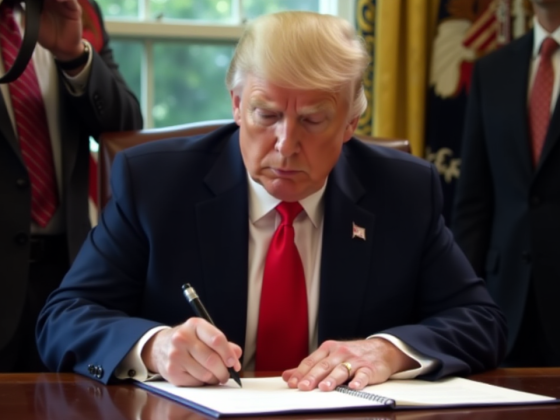The United States’ approach to Taiwan has taken a new turn as President Donald Trump declined to sign off on a military aid package worth more than $400 million. The package, which included munitions and autonomous drones, was rejected earlier this summer.
The decision has not yet been finalised, but it underscores how the Trump administration is weighing Taiwan’s security needs against its efforts to secure a trade agreement with China.
The move comes just as Trump prepares for his first phone call with Chinese President Xi Jinping since June, signalling how military and trade considerations are increasingly being negotiated together.
Military package on hold
Bloomberg reports, the $400 million military package was expected to reach Taiwan through the Presidential Drawdown Authority, the same mechanism previously used by the Biden administration.
However, Trump’s team is leaning towards Taiwan paying directly for the weapons rather than receiving them as aid.
Experts noted that the decision may be reversed, but the delay in approval highlights the administration’s preference for a transactional model of foreign policy.
By pausing the package, the Trump administration signals that Taipei should invest more heavily in purchasing its own defence equipment, rather than relying on Washington’s authorisation of aid shipments.
China trade talks at the centre
The timing of the move coincides with Trump’s renewed push for a sweeping trade agreement with Beijing. The US president is set to hold a call with Xi Jinping on Friday, where topics are expected to range from trade balances to the fate of TikTok’s operations in the US.
A potential agreement could be finalised during a planned meeting between the two leaders next month.
China has consistently opposed arms transfers to Taiwan, which it views as part of its territory. At a regional defence forum in Beijing on Thursday, Chinese Defence Minister Dong Jun reiterated warnings against “external interference” over Taiwan, in what appeared to be a direct reference to US involvement.
The Trump administration’s delay in the aid package could be interpreted as a strategic move to avoid inflaming tensions with Beijing while negotiations over trade and technology continue.
Taiwan boosts its own defence
Meanwhile, Taiwan has been ramping up its domestic defence efforts. President Lai Ching-te’s administration has announced plans to increase military spending, focusing particularly on expanding drone and ship acquisitions.
Last week, the government approved special funding designed to bolster these programmes, demonstrating Taipei’s willingness to enhance its capabilities independently.
The aid package pause places additional pressure on Taiwan to continue funding its own defence strategy, while also maintaining strong ties with Washington.
For Taipei, balancing internal defence commitments with the uncertainty of US decisions is becoming increasingly important as cross-strait tensions remain high.
A shift in US security approach
If the pause becomes permanent, it would signal a significant adjustment in how Washington manages Taiwan’s defence relationship.
Rather than relying on immediate aid transfers, the Trump administration appears to prefer Taiwan investing more directly in its security. This fits with broader policy positions that stress allied nations contributing more to their own defence systems.
For Beijing, the delay provides temporary relief from a potential flashpoint, but it also reflects the complexity of how Taiwan’s security is being tied into larger trade and geopolitical negotiations.
As Trump balances negotiations with Xi Jinping against longstanding defence commitments to Taiwan, the coming weeks may define whether the military package moves forward or remains shelved.
The post Trump holds back $400 million in Taiwan aid as China trade talks advance appeared first on Invezz


